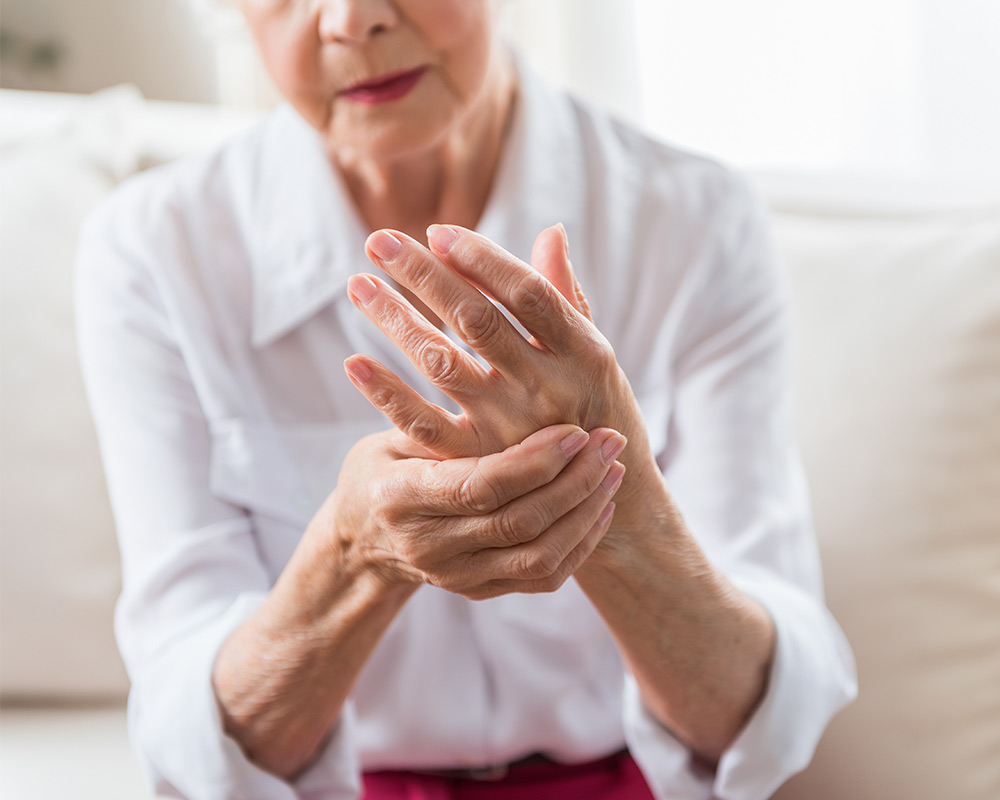Women of all ages can get reproductive system-related cancers, but some forms strike women of younger ages more often than others.
“Cervical cancers skew younger than other reproductive system cancer,” says Dr. Eric Xanthopoulos, a radiation oncologist with Beloit-University of Wisconsin Cancer Center. “About 78 percent of cervical cancers are diagnosed in women 30 to 39 years old.”
Women with more than four sexual partners, or with first intercourse before 16 years of age, are associated with a 60 percent greater incidence of developing cervical cancer.
“Smoking and heavy drinking also are associated with a 200- to 300-percent greater incidence of cervical cancer,” Xanthopoulos says. “But keep perspective with this talk of risk: the baseline risk for any woman to get cervical cancer is less than 1 percent in their lifetime, so even a smoker has a less than 3 percent incidence of cervical cancer.”
The best way to detect cervical cancer is to get regular Pap smears.
“Current guidelines recommend that Pap smears start three years after first intercourse or by age 21, whichever comes first. Women should get annual Pap smears until age 30. After that, they can get one every two to three years if all their prior Pap smears were normal. Women typically stop getting Pap smears in their 60s.”
One way to prevent cervical cancer is by getting the human papilloma virus (HPV) vaccine between ages 9 and 26.
“HPV comes in more than 50 varieties, but the ones associated with cervical cancer are Nos. 16 and 18. These are responsible for 70 percent of cervical cancers,” Xanthopoulos says.
Cervical cancer treatment involves surgery for small, early Stage I cancers (sometimes with radiation after), or chemoradiation for Stage II and beyond.
Ovarian cancer is harder to detect.
“Symptoms of ovarian cancer are fairly generic,” Xanthopoulos says. “Pain in the back, stomach or after sexual intercourse can signal ovarian cancer, but pain is also associated with many other ailments. This is when family history is vital in determining whether or not the woman may have ovarian cancer.”
There are few good treatment options for late-stage ovarian cancer.
Uterine cancer has distinct symptoms, including vaginal bleeding, Xanthopoulos says. Living a healthy lifestyle and getting screened as recommended by your doctor is the best defense against reproductive cancers.
















